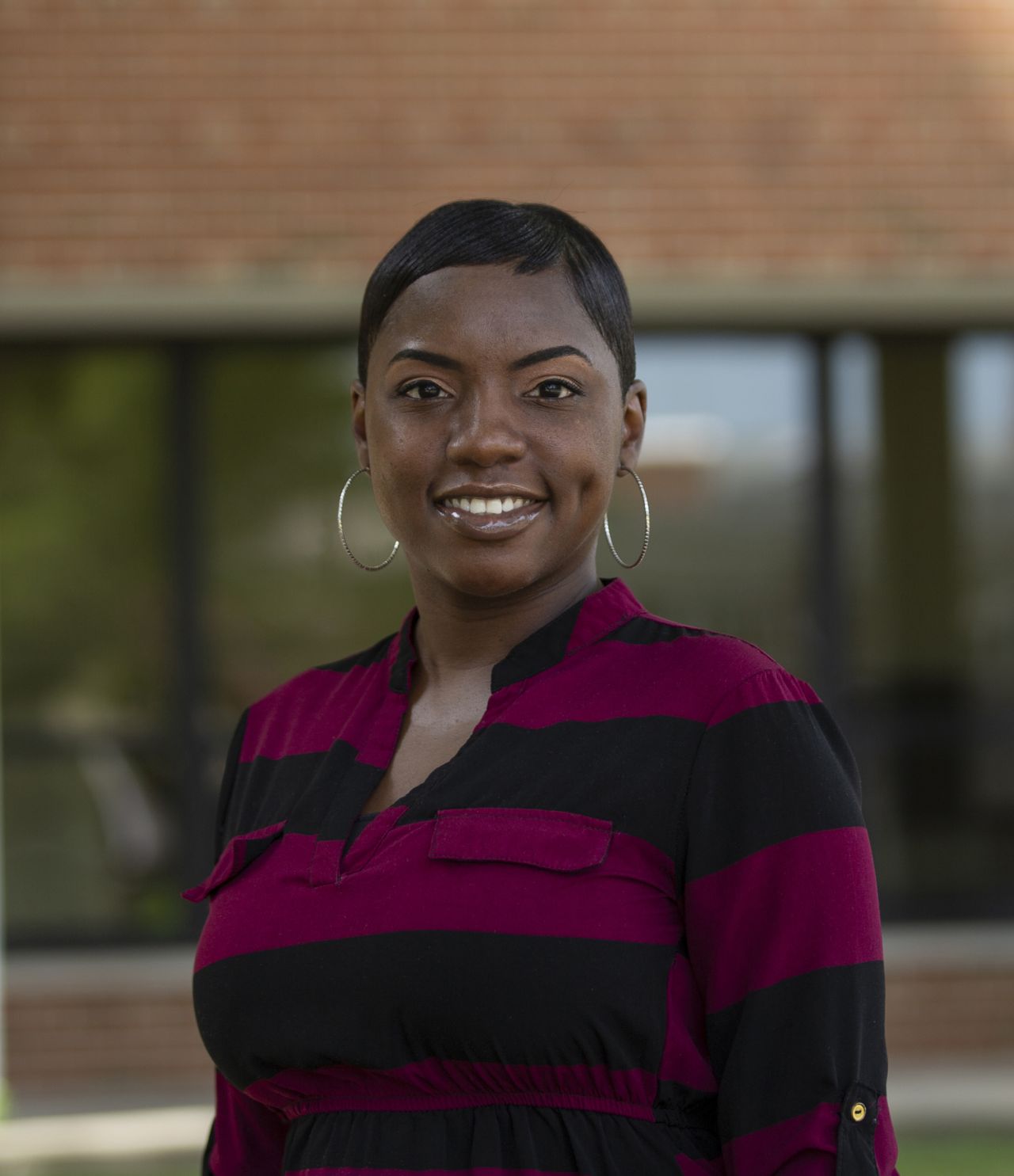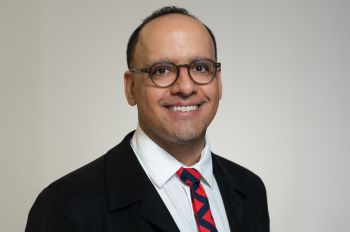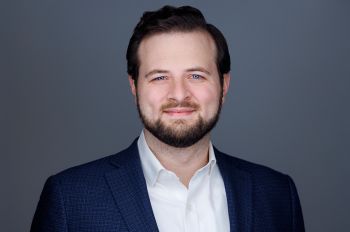‘Divisive’ Concepts: Chicago-Kent Student Paper Published in Law Journal

“The young people of today are going to be the decision-makers of the future, and it is not right to withhold factual information from them,” says Julnasha Morehead ’26, “even if the information paints the country in a negative light.”
Julnasha, who prefers to be referred to by her first name, has written a paper, titled “The Need For Antiracist Education Amid Trends Toward Totalitarianism and a Constitutional Crisis,” which was published in the autumn 2024 issue of the DePaul Journal for Social Justice. In it, Julnasha argues that legislation restricting the discussion of “divisive topics”—such as race, gender, and sexual orientation—in classrooms is blatantly unconstitutional and outlines a strategy for combatting legislation aimed at banning such discourse.
She wrote the paper for a fall 2023 course that examined anti-racism and the law at Loyola University Chicago School of Law that she was able to enroll in through Chicago-Kent College of Law’s consortium agreement with local law schools.
“When I proposed the topic, I was told that it’s not really novel. It’s been done. Everybody’s already talked about that,” she says.
Julnasha persisted and stuck to the topic, but she didn’t expect to be surprised by what she found while researching. The sheer breadth of bills and laws that aim to curb education covering “divisive topics”—the phrasing that is most commonly found in legislation to refer to race, gender, and other issues of personal identity—was astounding.
“At the time, there were more than 300 bills at the state and federal levels that banned these ‘divisive’ concepts that were vaguely defined, if at all,” says Julnasha. “It just seemed to be in direct opposition to the First Amendment and free speech protections.”
By studying legislation throughout history, Julnasha found that anti-diversity legislation, and the language that surrounds it, is a metaphorical game of Whack-a-Mole. A few years ago, some legislators took issue with the idea of critical race theory; today, their issue is with diversity, equity, and inclusion.
“They continuously rebrand, but their intent remains the same,” she says. “That’s why I called it ‘anti-diversity legislation.’ It’s just any diverse perspectives or lived experiences, they’re against that.”
Julnasha says it’s imperative for young people to understand how we got here.
“They’re pushing this ‘equality’ narrative, but our history has never been colorblind or equal,” says Julnasha. “To pretend that none of that happened makes it seem as if this country has such significant racial disparities in health care, income, education, and other areas simply because certain groups of people didn’t work hard enough. These inequities have been codified in law for centuries.”
Julnasha, who is pursuing her certificates in both labor and employment law and in public interest law at Chicago-Kent, believes it was her duty to publish the paper after seeing the seriousness of the issue.
“I don’t believe in self-censorship,” she says. “I was just so passionate about getting the word out there. That's why I chose the DePaul Journal for Social Justice, because it’s open access. It’s not behind any kind of paywall. The journal also takes an interdisciplinary approach to law and issues of social justice."
When she decided to research the topic, Julnasha had no idea that it would become increasingly relevant to current events.
“When I was writing about it, I thought that we had safeguards in place. This was my cautionary tale,” Julnasha says. “I never thought we’d be here, but when we allowed many of these laws to go into effect unchecked, we welcomed the actions of the current administration”
“If we want to move forward, we have to be ready to put all bigotry aside,” she says. “Otherwise, we’ll continue to fall for the same divisive and destructive tricks.”
[Photo provided]



